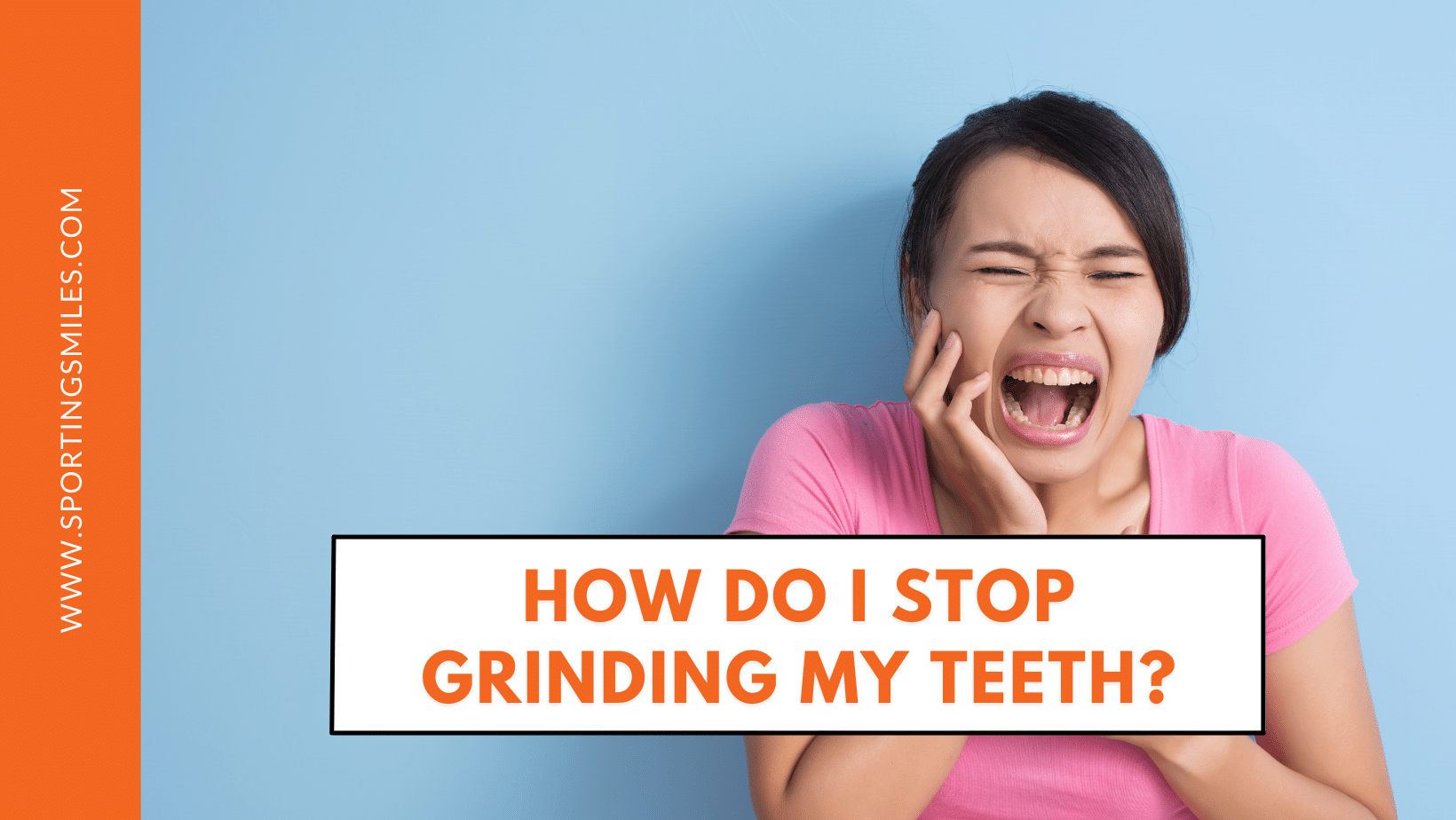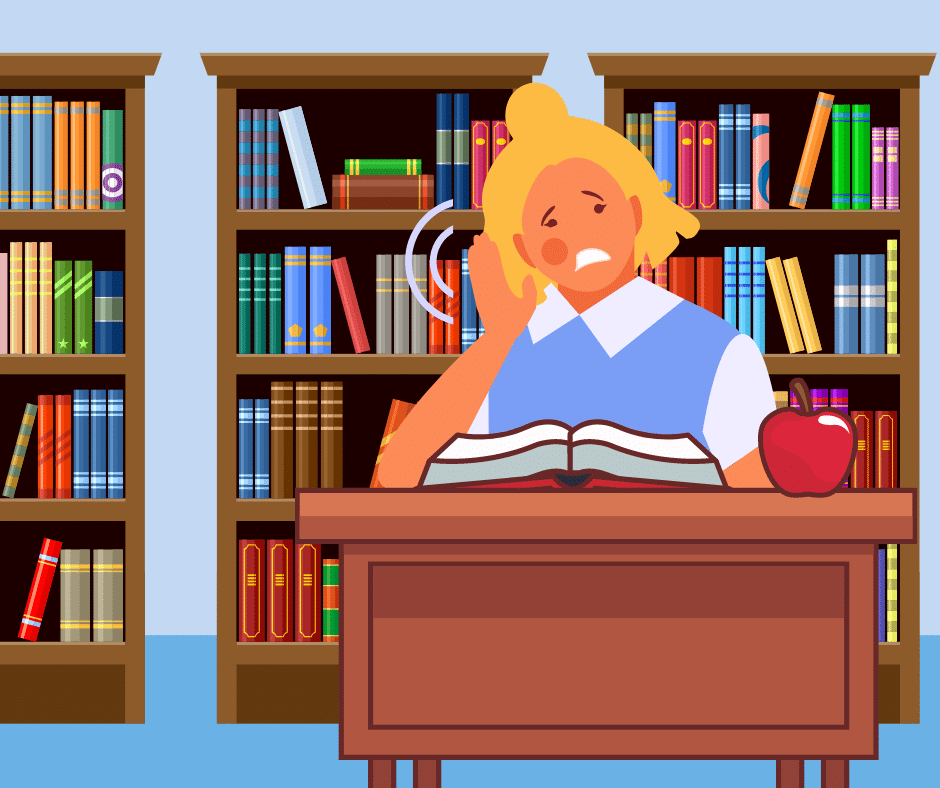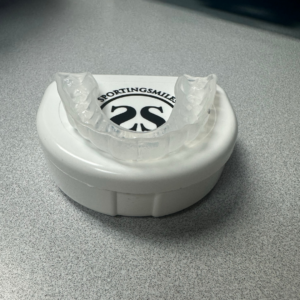
Do you wake up in the morning with a headache or jaw pain? Has your dentist mentioned that your surface enamel looks worn? Chances are you may suffer from bruxism, or nighttime teeth grinding or clenching. According to the American Sleep Association, 10 percent of adults and 15 percent of children in America suffer from bruxism. While most cases of teeth grinding are not severe, the symptoms can affect daily life and overall health. But can you stop teeth grinding? The answer is maybe. There is no cure for bruxism and any treatment focuses on relieving the symptoms. But even if you can’t stop the grinding, you can take steps to protect your teeth.

If you or your dentist suspect teeth grinding, the first step is to rule out any underlying conditions that may be contributing. Some of these include:
Reducing your stress levels is often enough to reduce your nighttime teeth grinding. However, wearing a teeth grinding guard from SportingSmiles at night while you work to reduce your stress will help protect your teeth and reduce symptoms.
Once you have ruled out any underlying medical or dental conditions, take a look at your lifestyle and see if any of the common bruxism triggers are present. These can include:
Bruxism exercises, similar to physical therapy, target both the causes and effects of teeth grinding. Awareness exercises help you understand your bruxism triggers and ways to reduce them. Often this is enough to stop the grinding. Focusing on tongue and teeth placement can help reduce daytime grinding. Massages and jaw stretching exercises can help normalize jaw muscles and joints. This can release tension and reduce grinding.
The Flexible Super Hard Night Guard is the strongest night guard available and is our No. 1 seller. Protect your mouth from severe teeth grinding and clenching with this teeth guard. Order online and take the impression at home saving hundreds over going to the dentist. Impression kit included. Free Shipping in the United States. Free Storage Case 90-Day Warranty
The good news is that even if you can’t determine your bruxism triggers or find a way to stop grinding your teeth at night, you can do something to help protect your teeth and alleviate your symptoms. Night guards, also known as dental guards or bite splints, provide a barrier between your upper and lower teeth. This barrier helps lighten the tension and provide a cushion for the jaw muscles, all while protecting the surface of your teeth from the grinding motion that can damage the enamel.

Stock night guards are available at your local drug store, but these can be bulky and uncomfortable to wear. Custom-fitted night guards provide the best protection while still being comfortable enough to wear without disrupting sleep. Your dentist can take a mold of your teeth and make a custom guard within a few weeks, but dental visits can be expensive.
Here at SportingSmiles, we offer a patented self-impression kit that you use at home to make a mold of your teeth. Simply return the mold and our technicians will make your custom nightguard and deliver it back to your door. Learn more about how SportingSmiles can help you protect your teeth and relieve bruxism symptoms by visiting our products.